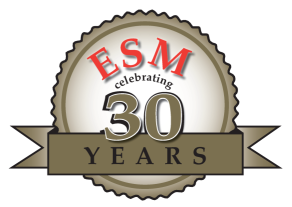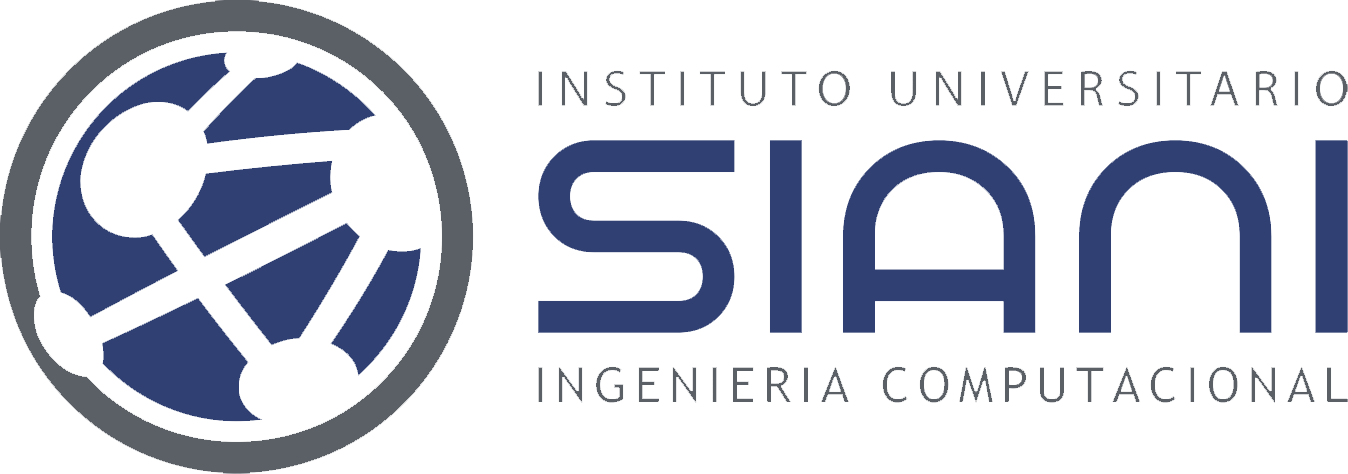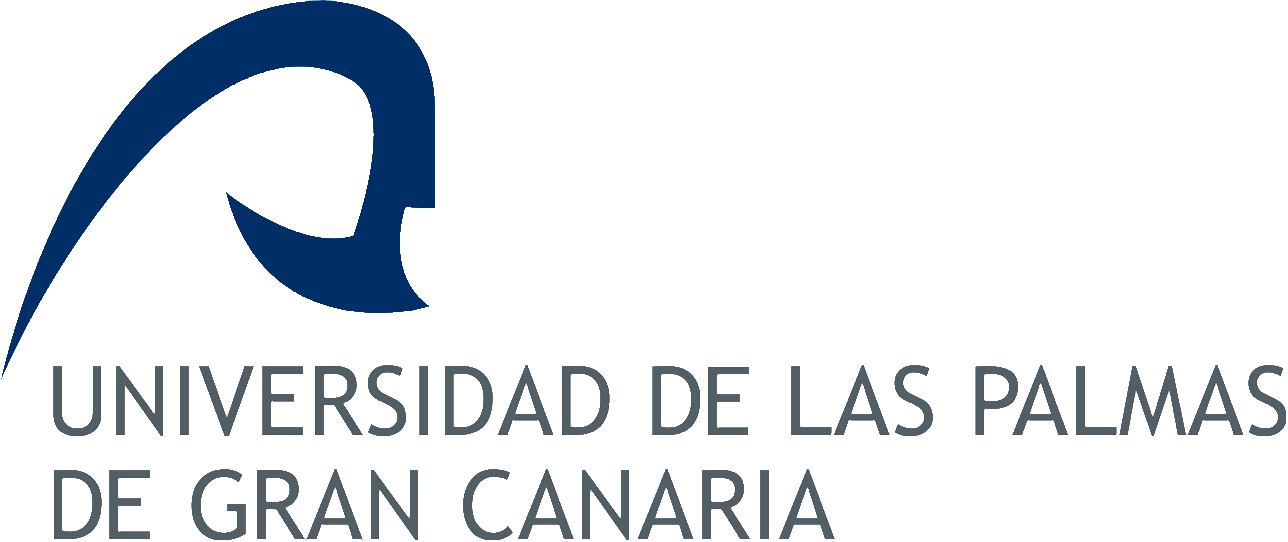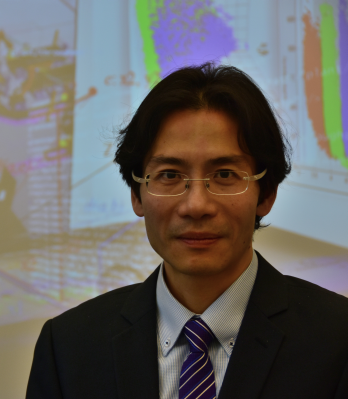
|
|
|
|

|

|
 |

Conference Tutorials
Production Systems Optimization and Decision Support using FACTS Analyzer

|
Amos H.C. Ng Marcus Frantzén
Production & Automation Engineering |
Abstract
FACTS Analyzer, which is designed for supporting factory design, analysis and optimization, especially during the conceptual design phase, is an outcome of years of research plus extensive industrial-based application studies. When compared with other factory simulation software packages, there are three main features that distinguish FACTS Analyzer: (1) rapid modelling, no programming, easy to learn and use; (2) tightly integrated with powerful multi-objective optimization algorithms, making optimization of production systems straightforward; (3) build-in functions to identify bottlenecks and automatically suggest which system variables to improve. The rapid modelling method, together with the highly optimized FACTS simulation engine, also render FACTS Analyzer to be a faster simulator than most of the other simulation packages. The aim of this tutorial is to provide the participants with some background knowledge in production systems optimization and how FACTS Analyzer can be used to support decision making in industries. This tutorial (~1.5 hours) will cover the following topics:
- Basic introduction of production systems optimization.
- Briefly go through some essential modelling objects and optimization features provided by FACTS Analyzer.
- Industrial-scale examples showing how FACTS Analyzer can be used practically to solve large-scale problems in industries.
Curriculum Vitae
Professor Amos H.C. Ng is the research leader of the Production & Automation Group at the School of Engineering Science, University of Skövde, and a guest professor in simulation and optimization at the School of Engineering, Jönköping University, Sweden. As the principal investigator of a list of industrial-based research projects, he is an expert in the areas of modelling, simulation, optimization and decision support of production/supply-chain systems. His research in simulation-based optimization has attracted substantial funding/support over the last 12 years, not only from major automotive companies, but also other manufacturing and logistics firms in Sweden. He is the chief architect of OPTIMISE, an internet-based distributed computing platform, as well as FACTS Analyzer, a factory conceptual design and analysis software, which are being used by automotive companies. He has authored and co-authored 100+ scientific journal and conference articles and 1 edited book. Knowledge-Driven Optimization for production systems design, analysis and improvement, is his currently active research area. The technology and software developed that use an integration of multi-objective optimization and data mining to help companies to not only seeking optimal solutions but gaining deeper understanding of the systems under design/improvement for confident decision-making has earned him a Volvo Car Technology Award in 2013 and two best conference paper awards (Sweden and Italy) in 2012-13.
Dr. Marcus Frantzén holds a Ph.D. degree in Manufacturing Engineering from De Montfort University in the UK. He has a M.Sc. degree in Manufacturing Management from Loughborough University and a B.Sc. degree in Automation Engineering from the University of Skövde, Sweden. He has taught industrial simulation modeling and experimentation for more than ten years. Currently, he is a Research Manager at Volvo Car Corporation and an affiliated lecturer at the University of Skövde, Sweden.
Model Driven Engineering applied to complex simulations
 |
Jose Juan Hernandez
Jose Evora |
 |
Abstract
The use of MDE to deal with simulations of complex systems enhances the productivity and helps to define an ontology around the domain under study. Our research group has been working with MDE for 20 years and 7 years on its application to complex system simulations. In this tutorial, we will present the new version of Tafat: a framework for building simulators based on MDE. Tafat includes a simulation engine and a Domain Specific Language (DSL) which allows to describe the domain to be simulated. This tutorial will show how to use Tafat, how to define a domain to be simulated and how to create a simulation based on the created domain.
Curriculum Vitae
Jose EVORA was born in Spain in 1987. He received the B.E., M.E., and Ph.D. degrees from Universidad de Las Palmas de Gran Canaria, Canary Islands, Spain. Currently, he is working in Monentia SL, Las Palmas de GC, Spain, a consultancy company that works deploying Smart City solutions in the R&D department. Dr. Evora is a collaborator of the Institute SIANI that belongs to the Universidad de Las Palmas de Gran Canaria. His main areas of research interest are software engineering, modelling languages, model driven engineering, simulation and artificial intelligence.
Jose Juan HERNANDEZ was born in Spain in 1968. He received the B.E., M.E., and Ph.D. degrees from Universidad de Las Palmas de Gran Canaria, Canary Islands, Spain. Currently, he is professor in the faculty of Informatics in the Universidad de Las Palmas de Gran Canaria. Dr. Hernandez is a full-member of the Institute SIANI that belongs to the Universidad de Las Palmas de Gran Canaria. His main areas of research interest are software engineering, modelling languages, model driven engineering, simulation and artificial intelligence












